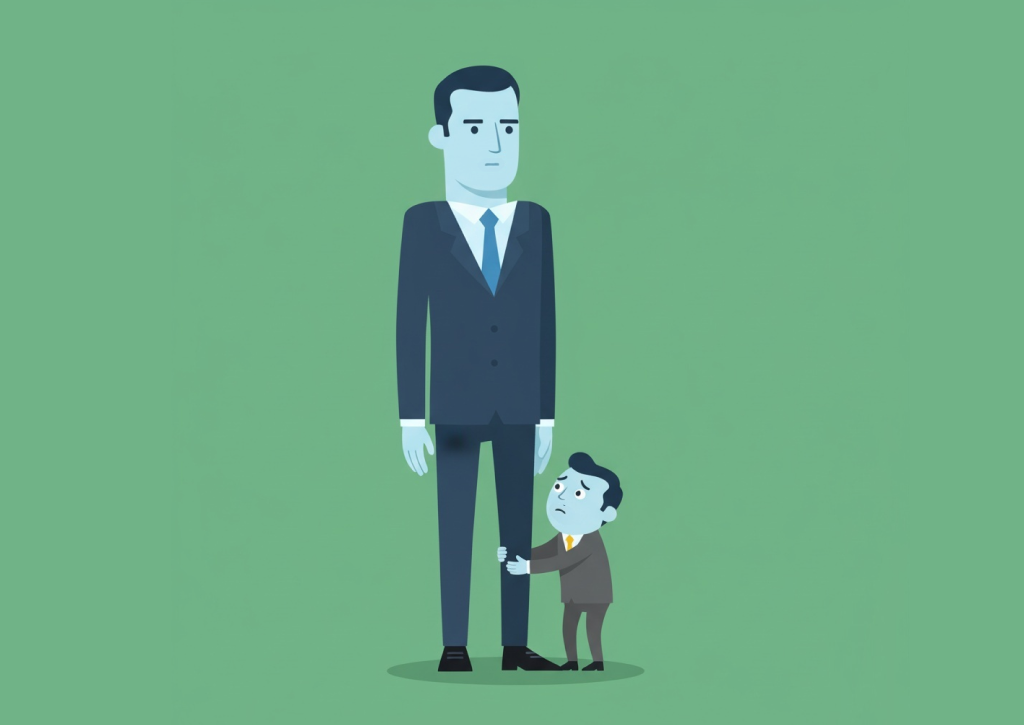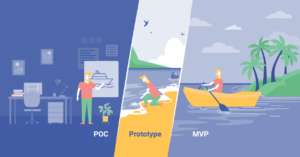Sometimes it seems there are far fewer adults around us than we assume. People look like adults, they hold senior titles, manage teams, and use words like ownership and responsibility. Yet, when the moment of truth comes, many behave like “older children” — capable of running projects and tracking KPIs, but not of standing alone when the structure collapses.
A simple example: a newly hired project manager, only a few months into the role, messages one morning:
“Sorry, I’m ill today.”
What it really means is:
“Everything I planned, all the meetings and dependencies — someone else must now figure that out. I’m off.”
No handover. No communication. No awareness that work, by definition, involves interdependence.
That moment reveals something deeper: adulthood, in the behavioural sense, has become a disappearing species.
At a Glance

When Adults Behave Like Children
Infantile behaviour is not throwing tantrums or crying in meetings. It’s the quiet abdication of responsibility disguised as normality. It’s when people act as if their professional commitments are optional, as if someone else — the manager, the client, the system — will always step in and fix it.
In IT, infantilism often hides behind professionalism: “I’ve logged my status in Jira — that’s enough.” But true maturity isn’t about formality; it’s about inner responsibility. When life intervenes — illness, burnout, crisis — the adult doesn’t vanish. They restructure, delegate, communicate. The child disappears.
Adulthood as an Endangered Species
Psychologists such as Lawrence Kohlberg, Susanne Cook-Greuter and Robert Kegan have shown that most adults never reach full cognitive and moral adulthood. Around 70% operate by external validation — what others say or what the law dictates. Only a small minority develop a truly self-authored mind: the ability to think, decide, and act from internal principles.
That gap explains why, in the workplace, so many act responsibly only until someone “more senior” enters the room. Once authority appears, ownership collapses.
The Responsibility Virus
Rick Crossland, in The Responsibility Virus, describes how easily people surrender control when faced with authority or uncertainty. It happens in seconds. A leader intervenes — even gently — and the subordinate unconsciously hands over the steering wheel. “If you know what to do, then you do it.” The virus spreads both ways: the manager takes too much control, and the team member stops thinking.
This pattern kills professional adulthood. It creates people who act only under supervision and leaders who believe they must constantly rescue others. It destroys the balance where responsibility should be shared, not shifted.
Recognising the Pattern
Most of us have been there. You face a difficult situation — a conflict, a delay, an unexpected problem — and instead of engaging, you quietly let go. “Let’s see what happens.” That phrase marks the moment when the child takes over.
A mature person doesn’t always know the answer, but they stay in the driver’s seat. They assess, communicate, delegate — but they don’t surrender. Each time you feel the urge to step back, to wait for someone else to decide, that’s your signal. That’s the trigger.
Train yourself to recognise it. When you notice that impulse — “I’ll just step aside” — stop and reframe: “This is the moment when I need to act as an adult.”
Ask: What is the right way to handle this? What needs to happen so that things don’t break in my absence?
That internal alarm — that flicker of awareness — is the beginning of maturity.
Developing the Reflex of Adulthood
You don’t become an adult by age or position. You become one the moment you notice your own avoidance and choose differently. True adulthood is a mental reflex — the ability to sense when life expects action, not withdrawal. It’s built through repetition: every time you hold responsibility instead of releasing it, the pattern strengthens.
Companies that nurture this reflex — that teach people to stay mentally present, even under pressure — build real resilience. Teams like that don’t collapse when one person gets sick or distracted. They self-correct, because adulthood is distributed.
Catch Yourself in the Act
So train your awareness. Catch those micro-moments when you shift into passivity. When your first instinct is to step away, stop and think: This is that situation. This is the adult test.
Every time you notice and act — even imperfectly — you grow your professional adulthood.
And if enough of us do that, perhaps adulthood will stop being an endangered species.


